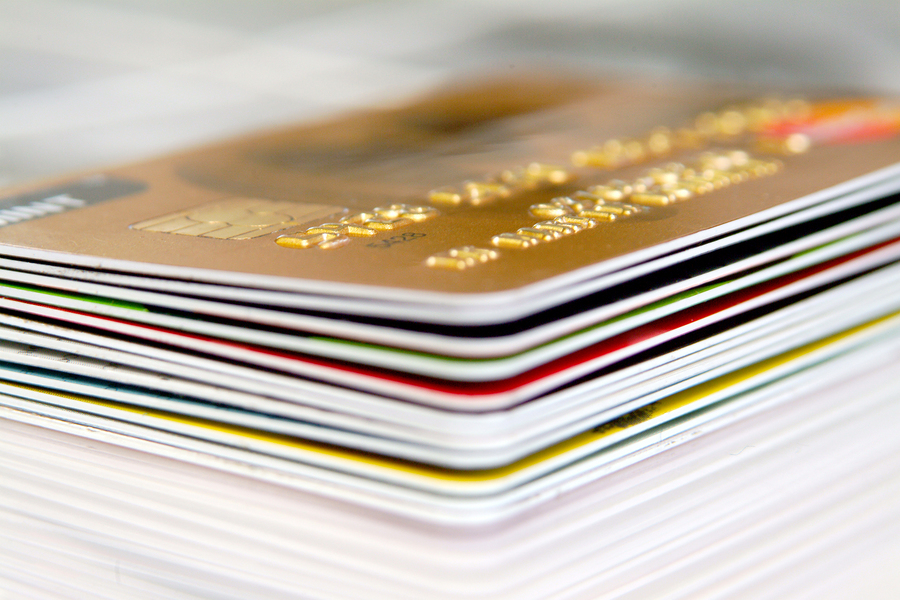If You Have A Pulse, You Have a Credit Report
What’s Your Report Look Like?
If you have a credit card, if you own a home, if you ever filed for bankruptcy, if you ever bought “on time,” or took out a car loan, that information (and a lot more) is on file, available for anyone to review. Planning on renting an apartment? Don’t be surprised if the landlord pulls your credit report. Same with buying furniture or anything else on the installment plan.
Your credit report indicates your financial status in a few simple pages. And to make things even simpler for lenders, credit reporting agencies have developed something called a credit score – a number between 300 and 850. A credit score of 300 is terrible. Anything above 600 is considered a good credit risk. The formal name for your credit score is your FICO score, which stands for the Fair Isaac Corporation – the company that develops the mathematical formulas for determining your credit worthiness.
The Importance of An Accurate Credit Report
In this digital age, identity theft is big business and your good name and reputation are constantly at risk. Every time you make a purchase with a credit card, every time you buy dinner with the company card, every time you log on and sign in, you run the risk of identity theft, regardless of what kind of security software you use. The fact is, your identity is more likely to be stolen by someone you know – co-worker, family member, neighbor, client – than a total stranger half-way around the world.
So regular checks of your credit reports and credit scores provide some peace of mind in knowing that your identity hasn’t been compromised. But identity theft isn’t the only reason to check your credit reports regularly.
Sometimes the credit reporting agency gets it wrong. A misplaced number can end up on your credit report showing you own a house in a town you never heard of. A clerical error, no doubt, but one that can hurt you big time. How?
You can be denied credit because of misinformation. Happens all the time.
You’ll pay higher interest rates on everything from your home loan to your credit cards the lower your credit score. You want the information that potential lender sees to be 100% accurate 100% of the time.
How Often Should You Check Your Credit Report?
Your entitled to one free credit report every 12 months from the three credit reporting agencies: TransUnion, Experian and Equifax. You are also entitled to a free report if you’re ever denied credit. Obviously, if you think you have good credit but the lender turns you down, you want to know why. NOW!
How often you check your credit report depends on how much borrowing you do. If you carry a stack of plastic, have a second and third mortgage and buy a lot of things online, checking your credit reports monthly is prudent.
On the other hand, if you monitor your borrowing, pay off your credit cards in full each month and don’t use credit often (except when necessary), a once a year peek at the particulars should do it.
Another reason to check your credit reports regularly is to post responses to information that is in dispute. If the information on your credit report is incorrect, the credit reporting agency must investigate and fix it. However, that can take time. You have the right to post notice on your credit report disputing certain information so that potential lenders get your side of the story when information is in dispute.
If you check your report and it shows a bankruptcy filing when, in fact, there was no such filing, you notify the credit agency of the error and post a notice that this information is incorrect, no bankruptcy was filed and you’ve directed the agency to correct the information.
Finally, if you notice any suspicious activity – unexplained charges on your credit card, for instance – notify the credit card issuer and notify the three reporting agencies that your identity has been compromised.

